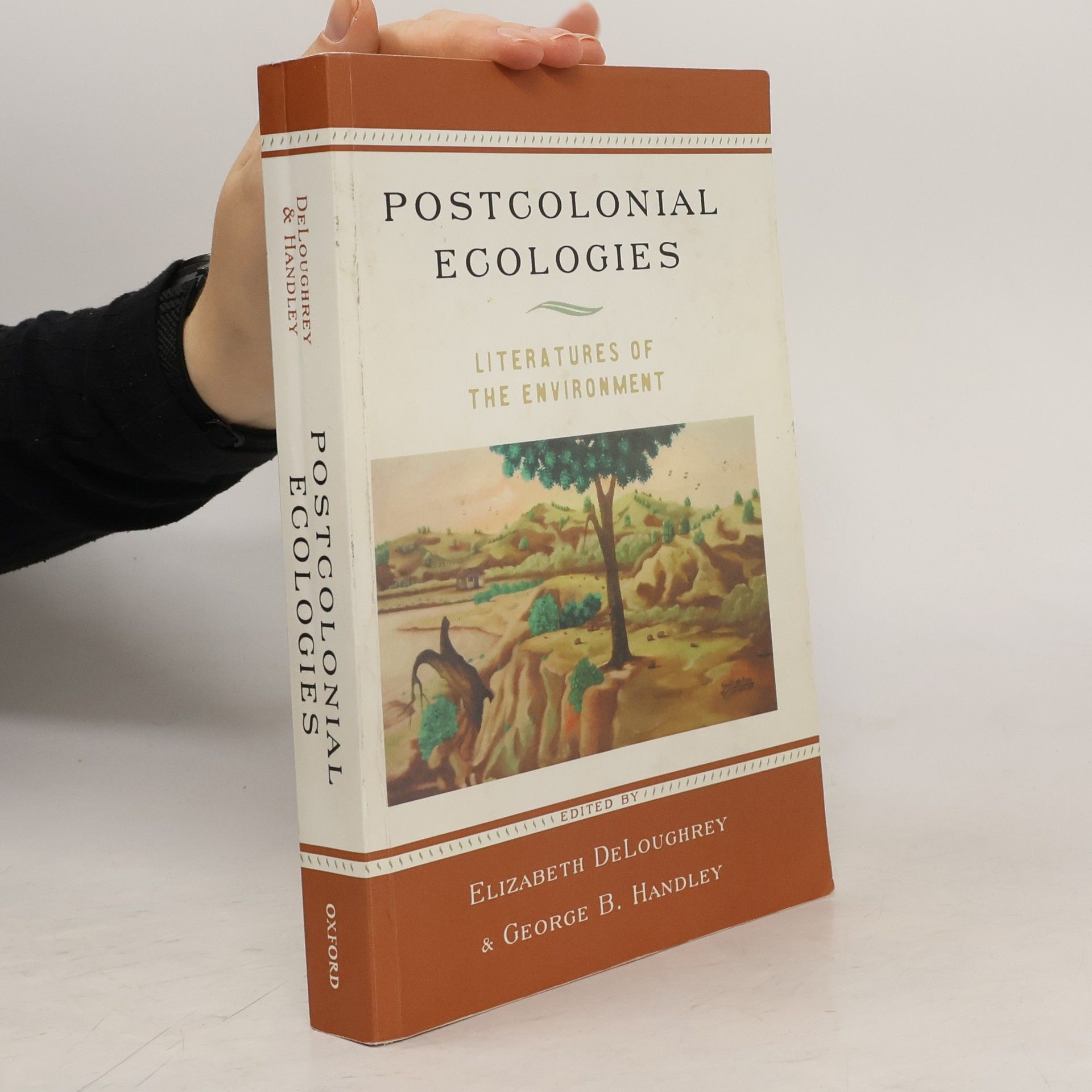Exploring the intersection of ecocriticism and ecotheology, this book invites readers to seek common ground amid the climate crisis. It addresses the relationship between religious studies and environmental literature, offering insights valuable to students and scholars in the fields of ecotheology, environmental humanities, and environmental studies. The work emphasizes the importance of integrating ecological concerns with spiritual and ethical dimensions to foster a deeper understanding of our environmental challenges.
George B. Handley Bücher
George B. Handley konzentriert sich in seinen kreativen Schriften, seiner Literaturkritik und seinem zivilgesellschaftlichen Engagement auf die Schnittstelle zwischen Religion, Literatur und Umwelt. Seine Arbeit untersucht, wie diese Bereiche unser Verständnis der Welt und unseren Platz darin prägen. Durch einen interdisziplinären Ansatz deckt er die tiefgreifenden Verbindungen zwischen spirituellem Leben, künstlerischem Ausdruck und ökologischer Verantwortung auf. Seine Analysen bieten eine einzigartige Perspektive darauf, wie Literatur zu einer tieferen Beziehung zur Natur und einer durchdachteren Existenz inspirieren kann.


This is the first collection to bring environmental issues into a dialogue with postcolonial studies. By examining African, Caribbean, Pacific Island and South Asian literatures and how they depict the relationship between humans and nature, Postcolonial Ecologies makes a compelling argument for a more global approach to thinking through our current environmental crisis.